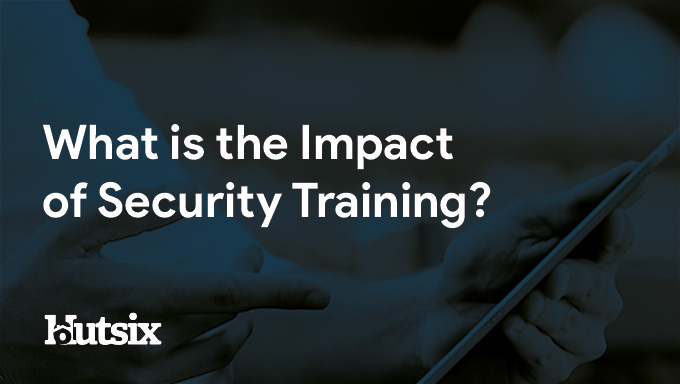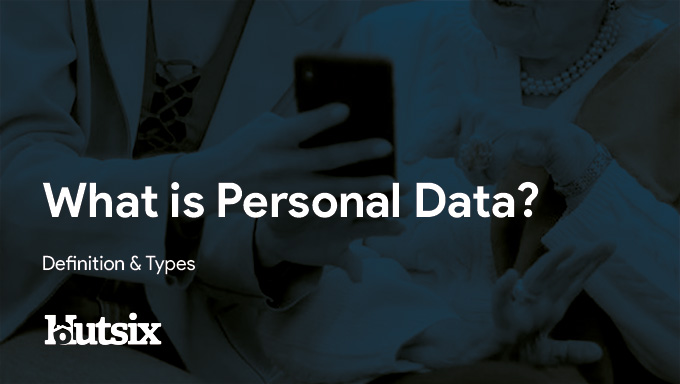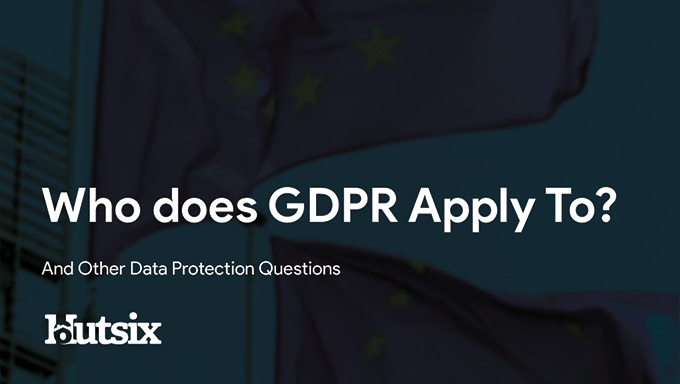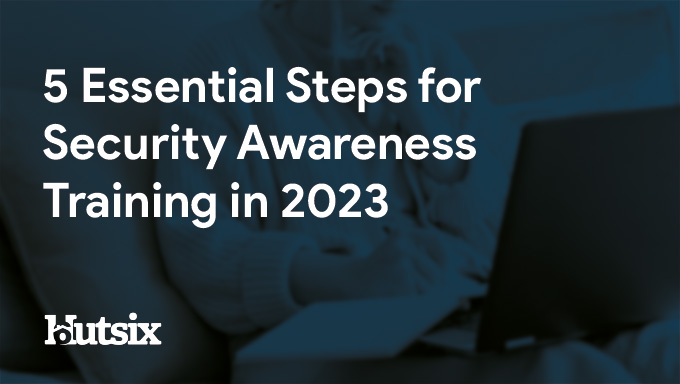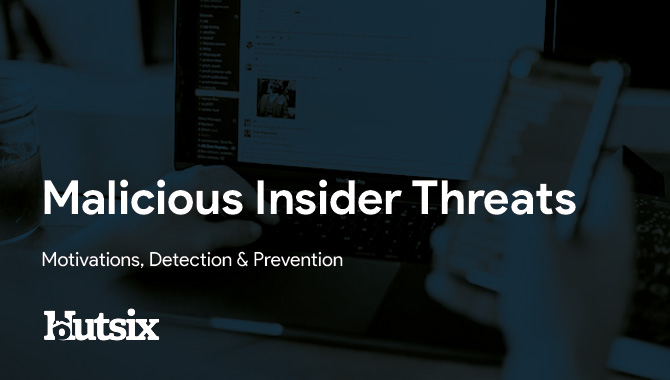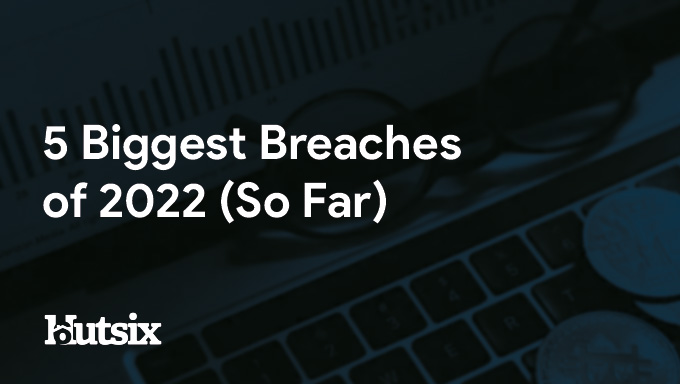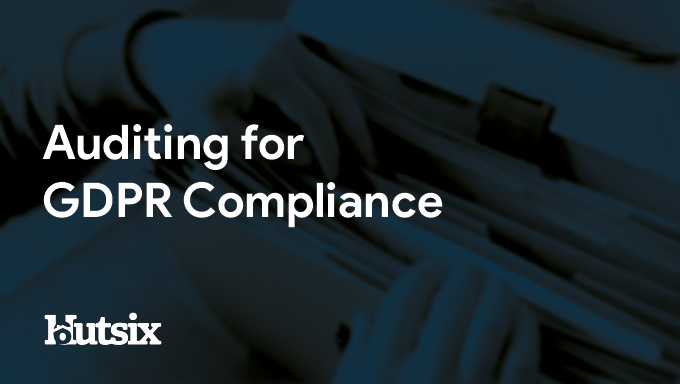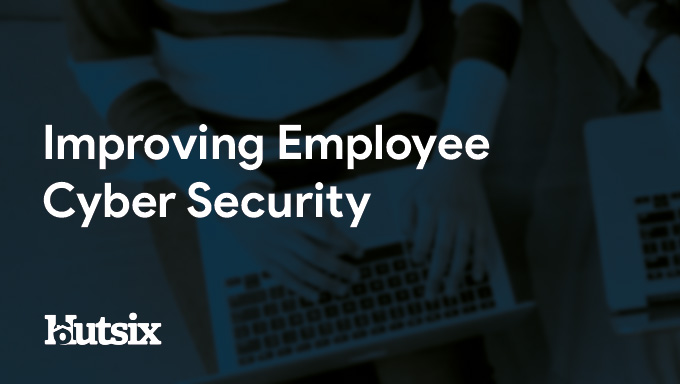More Than Phishing: What UK Organisations Should Cover in Awareness Training
Most organisations start their security awareness journey with phishing. Fair enough... it's common, it's dangerous, and it's easy to test. But here's the thing: if your training stops there, you're leaving your people wide open.
Think about it. A staff member clicks a dodgy link and gets a gentle reminder. But what if someone misplaces a USB, replies to a fake invoice, or shares personal data by accident? That's where the real trouble begins. Fines, data breaches, and public embarrassment don't usually start with hackers. They start with humans, just doing their job.
This article looks at what UK organisations should really be teaching when it comes to security awareness training. From GDPR to insider threats, we'll cover the topics that help turn awareness into action, and tick the right boxes without boring people to tears.
Looking to learn more about security training?
Talk to one of our experts about effective training now.
When Training Falls Short
So, what actually happens when your awareness training only covers phishing? Short answer: a lot can go wrong.
We've seen it play out time and time again. Someone sends an email with a spreadsheet full of personal data to the wrong address. A junior staffer clicks a ransomware link and doesn't report it, because they're embarrassed. A team forgets to lock their screens before heading to lunch. Not malicious. Just normal people making normal mistakes.
But these "small" things can spiral fast. In the UK, organisations have faced steep fines under GDPR for avoidable breaches. You don't need a hacker in a hoodie. All it takes is someone forwarding the wrong file or mishandling sensitive info.
And when training doesn't touch on those day-to-day risks, staff are left guessing. Do they report it? Ignore it? Cover it up?
The cost isn't just financial. Poor training hurts your culture. It tells people, "We care about phishing clicks, but not much else." And that's a message no organisation should be sending.
Read More: Security Awareness Training for Public Sector Employees
What Your Training Should Actually Cover
Security awareness shouldn't stop at phishing emails. To build real resilience, your team needs to understand the broader picture, what threats look like, how to respond, and why it matters.
Here are five essential topics every UK organisation should be covering in their training:
1. Passwords and Multi-Factor Authentication (MFA)
Weak passwords are still one of the biggest security gaps. And MFA? It's not just an IT setting, it's a life raft. People need to know how to create strong, unique passwords, and why that "verify your login" prompt is worth the extra five seconds.
2. GDPR and Data Handling
It's not just legal noise. GDPR affects everything from how staff store spreadsheets to how they send customer emails. Training should cover the basics, what's personal data, what needs protection, and what to do if something goes wrong.
3. Social Engineering
It's not always digital. Tailgating, phone scams, even random USB sticks left on desks, it's all part of the game. Your staff should be trained to spot these subtle, human-led attacks and feel confident saying "no."
4. Business Email Compromise (BEC)
This one's sneaky. A message from the boss asking for a payment? Looks legit, feels urgent. But it's not always real. BEC scams cost businesses billions. Make sure your people know the signs and the process to check before acting.
5. Insider Threats and Reporting
Not every threat comes from the outside. Sometimes it's someone on the inside, intentionally or not. Give staff the tools and confidence to speak up when something feels off, without fear or confusion.
Cover these, and your awareness training becomes more than a box-tick. It becomes part of how your organisation thinks and works.
Read More: Cybersecurity Awareness for UK SMEs
Make Compliance Count (Without Boring Everyone)
Let's be honest. When people hear "compliance training," they don't exactly cheer. But if you're a UK organisation, meeting standards like GDPR, ISO 27001, or Cyber Essentials isn't optional. It's essential. And it doesn't have to be dull.
What the Standards Expect
Most frameworks agree on a few core points. You need to train your people regularly, track who's done what, and show that the training is relevant. It's not enough to hand out a policy and hope for the best.
- GDPR requires documented evidence that staff understand how to handle personal data.
- ISO 27001 expects ongoing security awareness efforts, not a one-off video.
- Cyber Essentials focuses on basics like access controls and malware protection, but without user buy-in, those controls don't stand a chance.
So, How Do You Keep It Interesting?
You don't need Hollywood. Just make it real. Use scenarios based on actual risks. Keep modules short, five to ten minutes is plenty. Offer content that adapts to your sector, tone, and culture.
Most of all, speak human. If the content feels like legal fine print or death-by-PowerPoint, people will zone out. And that means you're technically compliant, but still vulnerable.
Phishing Still Matters (Just Don't Stop There)
Phishing is still the front door for a lot of cyber-attacks. And yes, simulating those attacks is a great way to test your defences. But there's a right way to do it.
Some organisations run phishing tests just to catch people out. They shame users, share league tables, or treat it like a gotcha game. That doesn't help anyone, it just builds fear and resentment.
The Ethical Approach
At Hut Six, phishing simulation is about learning, not punishment. If someone clicks a phish, they get point-in-time training. It's short, relevant, and immediately useful. No public callouts. Just growth.
And the simulator tracks more than just clicks. It looks at opens, submissions, and patterns over time, so you can actually spot where support is needed, not just where someone slipped up.
Part of a Bigger Picture
Used properly, phishing simulation is a tool, not the whole toolbox. It helps reinforce what's being taught elsewhere. And when it's part of a wider security awareness programme, it clicks into place. Literally and figuratively.
Read More: Why Phishing Simulations Still Work
Get More from Your Training Platform
It's not just what you teach. It's how you deliver it. If your platform is clunky, out of date, or just plain boring, no one's going to engage, no matter how good the content is.
What to Look For
A good security awareness platform should make life easier, not harder. That means:
- Short, engaging modules your people can actually finish
- A clean dashboard to track progress and risks
- Content that gets updated regularly (not once every five years)
- Integration with your systems, think LMS support, SSO, and directory sync
- The ability to customise content to fit your company tone and risk profile
Hut Six brings all of that together in one place. From employee security training to phishing simulation, everything works in sync. No juggling platforms, no user confusion.
Tailored to You
One size never fits all. Whether you're in healthcare, finance, government, or tech, your risks and culture are unique. Your training should be too. That's why customisation matters. It's not just a nice extra, it's how you make training stick.
Rethink the Box You're Ticking
If your current training covers phishing and little else, it's time for a rethink. Because awareness isn't about ticking boxes. It's about protecting your people, your data, and your organisation's reputation.
By expanding your focus, covering real-world risks, aligning with compliance, and delivering training people actually remember, you build a stronger, safer culture. And that's not just good security. It's good business.
Ready to go beyond phishing?
Start a free trial, explore our content, or book a quick demo. No pressure. Just better training.
Security Awareness for your Organisation
Enjoyed our blog? Learn more about how Hut Six can help improve you security awareness with training and simulated phishing. Start a free trial now, or book a meeting with one of our experts.
Featured
What is the Impact of Security Awareness Training? - Hut Six
Discover the Impact of Security Awareness Training: Prevent breaches, foster culture, & build trust.
What is Personal Data?
Learn about personal data, its types, and significance in data protection. Explore general and special category data, as well as pseudonymised and anonymised data under the GDPR.
Who Does GDPR Apply To?
Who Does GDPR Apply To? And Other Data Protection Questions/ Information Security blog by Information security awareness provider Hut Six Security.
Does ChatGPT Pose a Cybersecurity Risk
In this blog post, we explore whether AI chatbots like ChatGPT pose a cybersecurity risk. We delve into the potential vulnerabilities and threats posed by chatbots, and discuss measures that can be taken to mitigate these risks. Read on to discover how you can ensure the security of your organisation's chatbot interactions.
How Do I Get Cyber Essentials Certified?
Learn how to obtain Cyber Essentials certification and enhance your organization's cybersecurity posture with our comprehensive guide. Our expert insights will help you navigate the certification process to meet the requirements for Cyber Essentials.
Essential Steps for Security Awareness Training
Starting a security awareness training campaign? Here are 5 essential steps to help ensure information security success.
Malicious Insider Threats - Meaning & Examples
Malicious insider threats can cause massive problems. Here we examine some of the motivations behind attacks and methods of detection organisations can use to reduce risk.
5 Biggest Breaches of 2022 (So Far)
Five of the biggest and most significant data breaches, hacks, and information security attacks of 2022 (so far).
Auditing for GDPR Compliance
Questions to consider when auditing your business or SME for General Data Protection Regulation (GDPR) compliance.
Improving Employee Cyber Security
With human error responsible for many breaches and attacks, we offer some helpful areas for improving employee security compliance.



